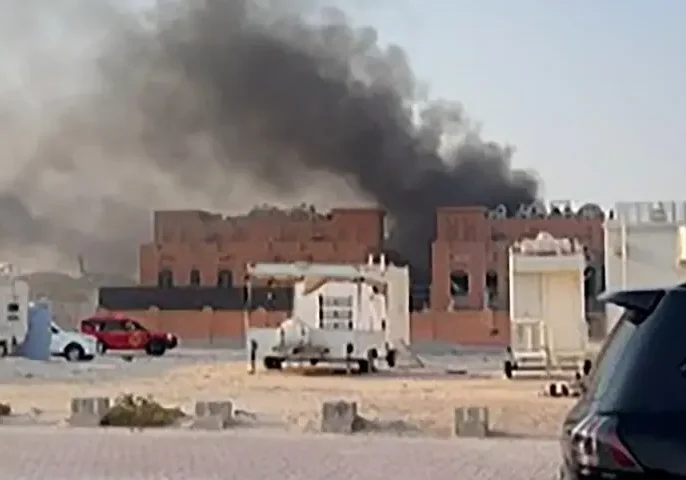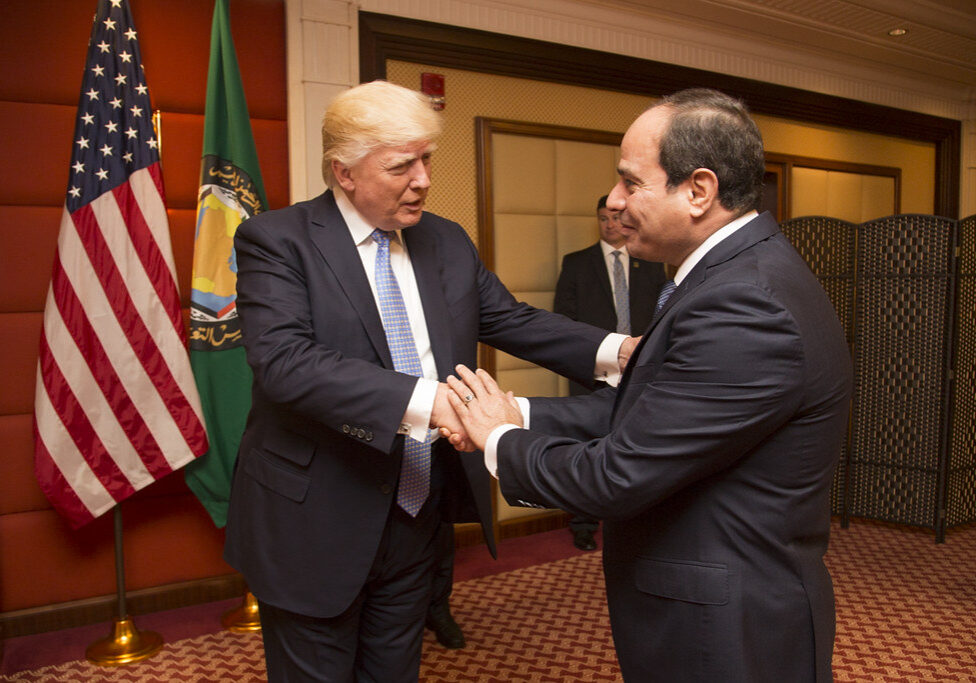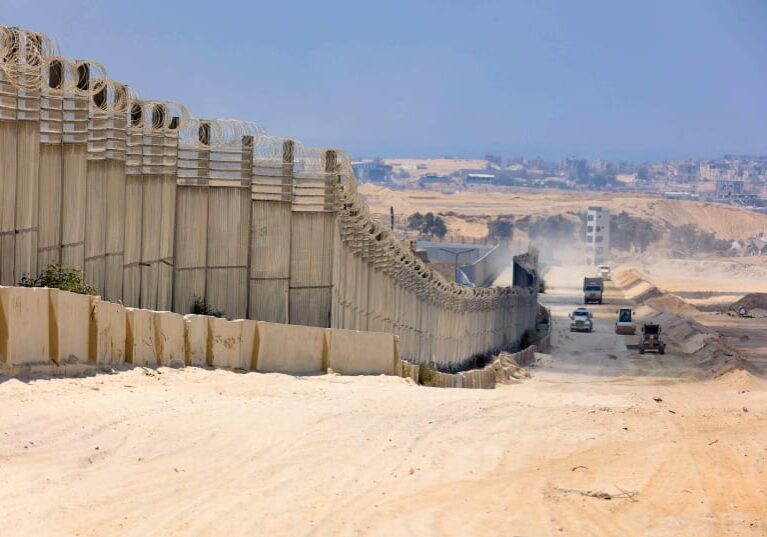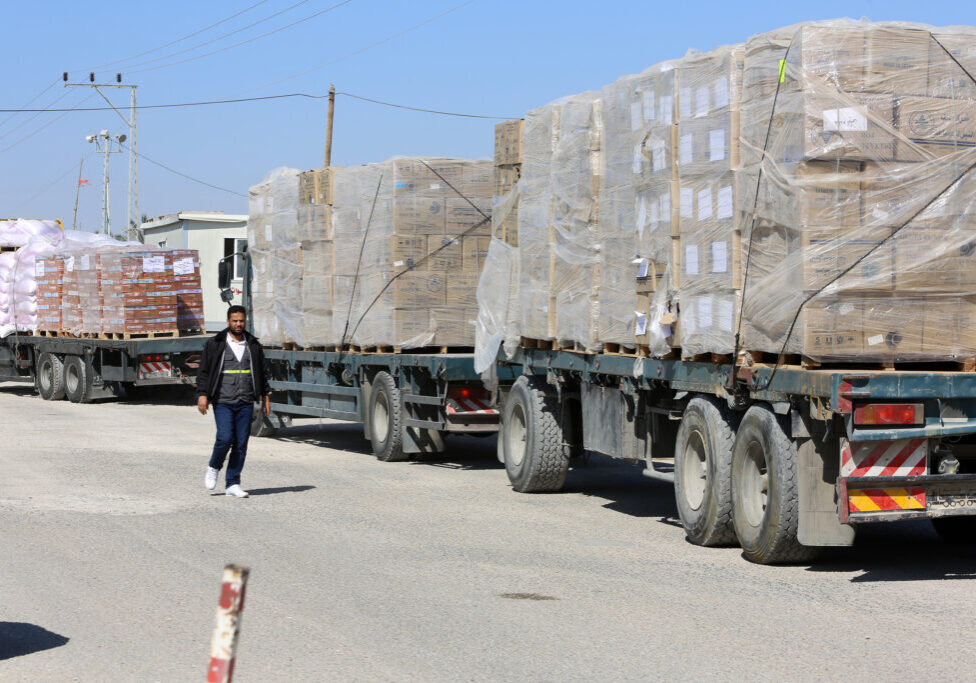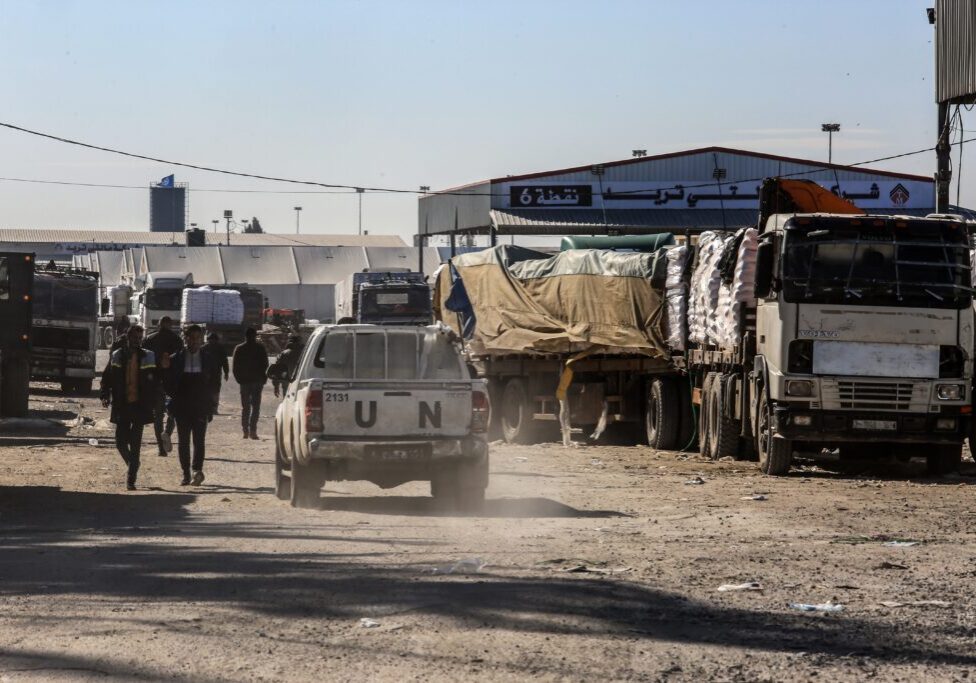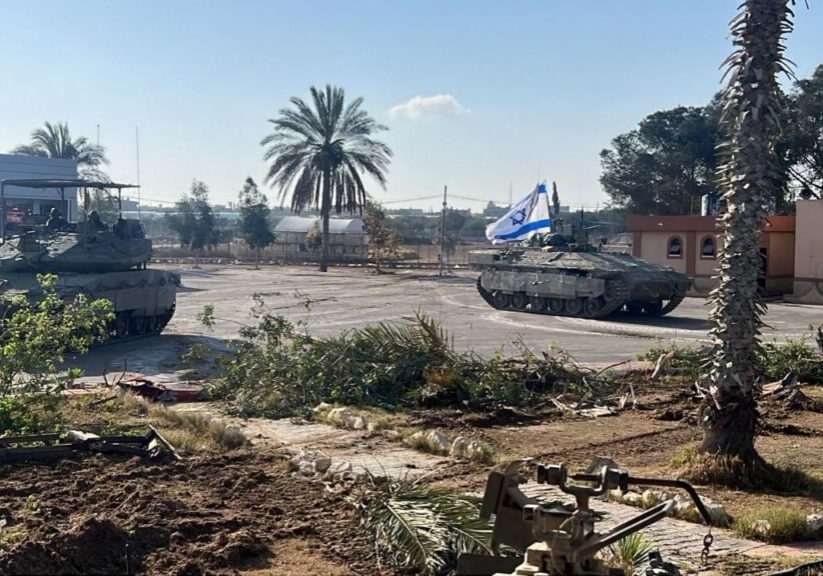Australia/Israel Review
Ehud Yaari on Israel and ISIS
Dec 1, 2015 | Sharyn Mittelman
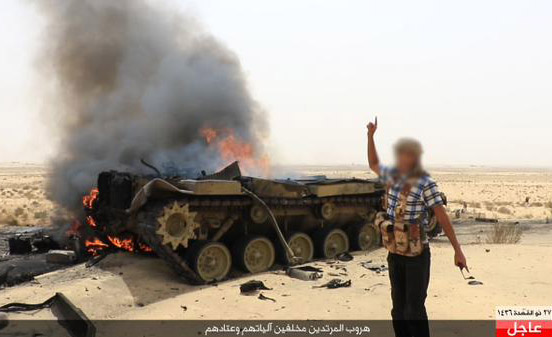
Sharyn Mittelman
Ehud Yaari is the veteran Middle East commentator for Israel’s Channel Two television, an Israel-based Lafer international fellow at The Washington Institute for Near East Policy and the author of eight books on the Arab-Israeli conflict. He recently visited Australia, where he spoke at a number of functions in Sydney and Melbourne, with some of his expert analysis featured in the last AIR edition.
Below is some more of his important insights, taken largely from his answers during Q&A after his lectures, into the ISIS problem and how it affects Israel.
Israel and the ISIS threat from Syria
We [Israelis] have managed to establish relations with Syrian rebel factions in all the regions south of Damascus. We have managed to establish such relations that ISIS [has not been able] so far to establish themselves close to [Israel’s] border in Syria…
Other than that, I will stick to my guns by saying ‘first Assad, and then everyone can deal together with ISIS’. The immediate priority for Israel is [toppling] Assad not ISIS…
I think we [Israel] have an interest… to ensure that southern Syria… everything south of Damascus all the way to the Druze Mountain, is an area friendly to us [Israel] and to our allies in Jordan. An area where Israel and Jordan exercise influence…
Even if there is an American/Russian deal over Syria, it will take years to fix this country, it’s so fragmented, shattered. You have along our [Israel’s] border… on the Golan Heights… some 70 different rebel factions… Go deeper into northern Syria [and] there are hundreds of rebel factions. That’s going to take a very long time [to sort out].
Israel and the ISIS threat from SInai
We have ISIS now in the Sinai because the local terrorist organisation based on the Bedouins of the Sinai… have sworn allegiance to the Caliphate, al-Baghdadi the leader of ISIS. They are now busy fighting the Egyptian army and the Egyptian army is bleeding badly. But they [ISIS] are saying… don’t worry we are coming at you, Israel.
The Sinai is three times bigger than the State of Israel, [and the] Egyptian army… is lazy, slow and very heavy. They pursue a ‘scorched earth policy’, they destroy Bedouin villages – it doesn’t help, it drives the rest of the tribes into the arms of ISIS.
There is nothing to prevent two Bedouins from ISIS from taking third generation anti-tank missiles, and stopping shipping [from the Red Sea] to Eilat and Aqaba, the Jordanian port… There is nothing to prevent them from trying to hit planes… [using] advanced anti-aircraft missiles… I think it will come.
ISIS and Hamas
Hamas is in probably the most severe crisis they have ever experienced – because the Egyptians are blockading them, flooding the border, closing and flooding the smuggling tunnels [and] they don’t open their border terminal. [Egypt] is at war with Hamas… [For] Israel, as long as Hamas abides by the ceasefire, Israel allows for a lot of [cross-border imports], 500 trucks a day on average… into Gaza…
Because of their crisis, the military wing of Hamas… is cooperating with ISIS Sinai.
Why? Muslim Brotherhood Hamas and Salafi jihadists ISIS are enemies, but Hamas wants to keep a flow of whatever ammunitions and weapons can still come from Iran into Gaza. In order to facilitate [this], they need the assistance of the Bedouins of ISIS Sinai… Very little is entering Gaza over the past year. We don’t see big Iranian/Hezbollah shipments into Gaza… but the deal is that ISIS is taking a cut of every shipment…. sometimes 40 to 50%, and they use it against the Egyptian army.
For the Egyptians, for [Egyptian President] Sisi, Hamas is part of the terrorist threat faced by Egypt.
The Egyptians would like us [Israelis] to do much more [against Hamas]. They wanted us [Israel] to do much more in the Protective Edge Operation and they think that we are too soft… The Israelis are careful. I don’t think there is much appetite in Israel to go into Gaza even if the opportunity presents itself.
The Kurds and ISIS
I believe that the Kurds will not be able to move beyond the present situation in which they enjoy independence without sovereignty. I don’t think they can make the move towards sovereignty. Not because they don’t want [to] but because the neighbours, Turkey and Iran will not allow it to happen. We have a nation… of 30 to 40 million people, which cannot establish or reach self-determination. The Turks are determined not to allow the Kurds of northern Syria… to link up the three enclaves they have along the border. The Turkish army is supposedly fighting ISIS [but] they are bombing the Kurds.
I was present at a meeting in Europe… there was a senior official of the KRG (Kurdish Regional Government of northern Iraq) and… a senior Turkish official, and the Kurd said to him, “ISIS is the military wing of the AKP”, that’s [President Recep Tayyip] Erdogan’s party. Because for so long Turkey enabled/turned a blind eye to ISIS activity.
On the Turkish borders, lately something has changed. The Kurds are in a bind… because the Americans are not willing anymore to support the YPG, the militia of the Kurds in northern Syria, which is more effective on the ground than anybody else fighting ISIS, and they are not willing to arm the Kurdish Peshmerga in northern Iraq. That’s the policy. The result is the Kurds cannot [take the] extra step towards establishing statehood.
This article is featured in this month’s Australia/Israel Review, which can be downloaded as a free App: see here for more details.
Tags: Egypt

